Chuck Dixon Rebukes Claims That The X-Men And Comics Have Always Been Woke
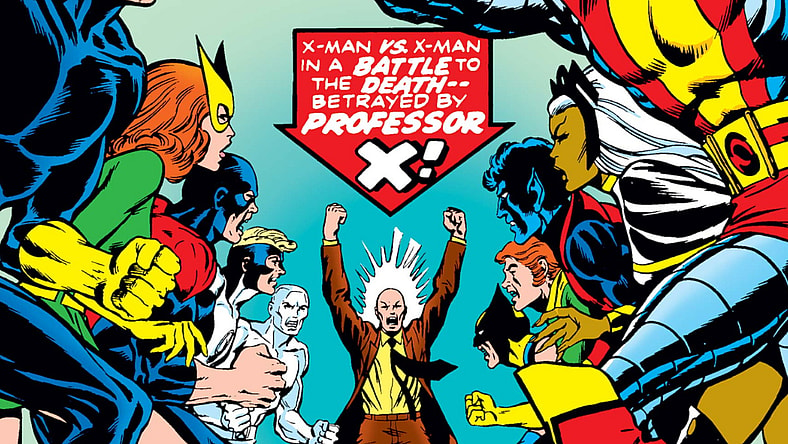
Legendary comic book writer Chuck Dixon known for his runs on Batman, Punisher, Conan, Robin, Birds of Prey, and more recently rebuked claims that the X-Men have always been woke.
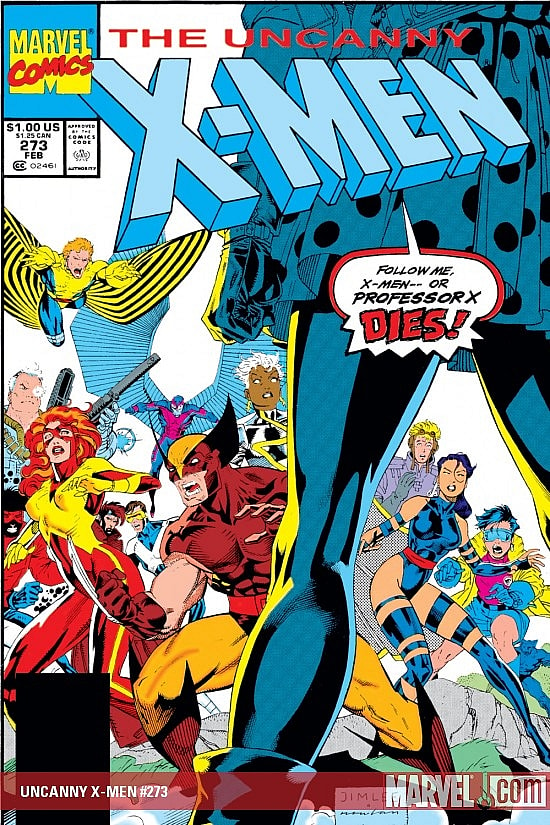
As part of his on-going Ask Chuck Dixon series, Rising Star Comics queried Dixon, “What do you think when people use X-Men as an example of how ‘comics were always woke/political’?
The questioner added, “To me, personally, I always thought that was a weak argument that had no basis in actual fact, because in X-Men up until the aughts, the ‘racism’ angle wasn’t even that core to the X-Men as a whole. It was an action adventure superhero sci-fi fantasy romantic soap opera with everything and the kitchen sink, that had an outsider theme on top of it. Plus, X-Men was often very un-PC, definitely NOT woke, as evident when the same people who parrot that line tried to cancel Chris Claremont last year.”
Dixon responded, “It’s funny isn’t it. The thing about wokeism, and political correctness, and all the rest of it is the goalposts are always moving.”
“I don’t know Chris Claremont’s politics, but I’ll be you he was pretty much in line with the woke crowd until whatever it was he said or did made them turn on him,” Dixon said.
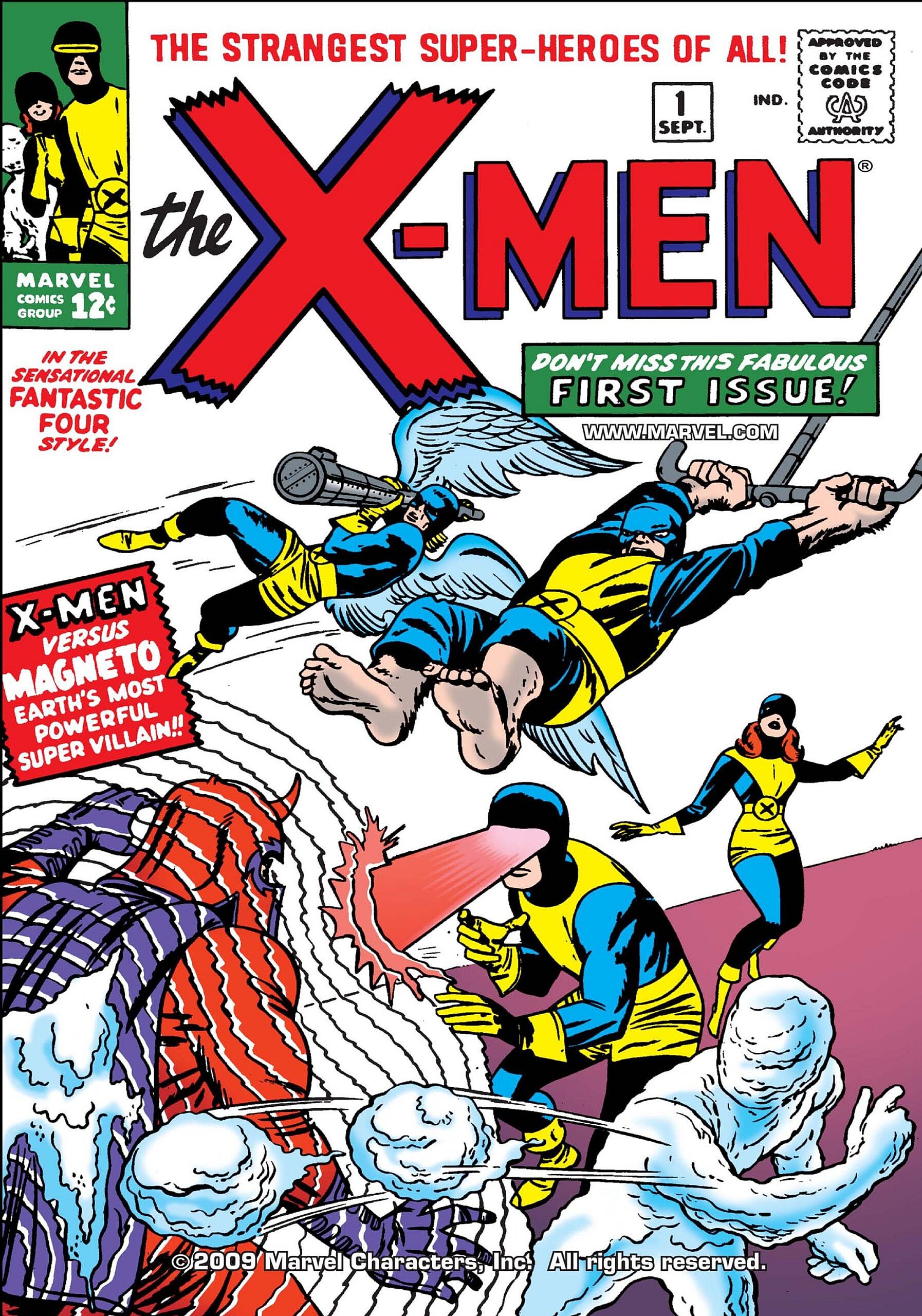
“When you take the X-Men, the original X-Men, in particular, who I saw as a pack of whiners and now you make them victims like professional victims,” he continued. “And I agree with you that the outsider element is cool, but the outsider element is part of every superhero story isn’t it? They have a secret identity. They have an alter-ego. Of course, they are an outsider.”
“But taking it this far and then saying the comics are always political. They may have dealt with the issues of the day,” he stated. “I was on a podcast with John Bauer recently and he brought up the fact that the X-Men would often have discussion about religious faith because Kitty Pryde was a Jew, Colossus was an atheist, Kurt was a Catholic, and they would have discussions about these things.”
“And it wasn’t trying to tell the reader what to think on those subjects. It was simply the characters exploring these issues and it made them seem deeper, more relatable, more real that they had thoughts like this. That these were independently thinking characters instead of just people on paper,” Dixon elaborated.
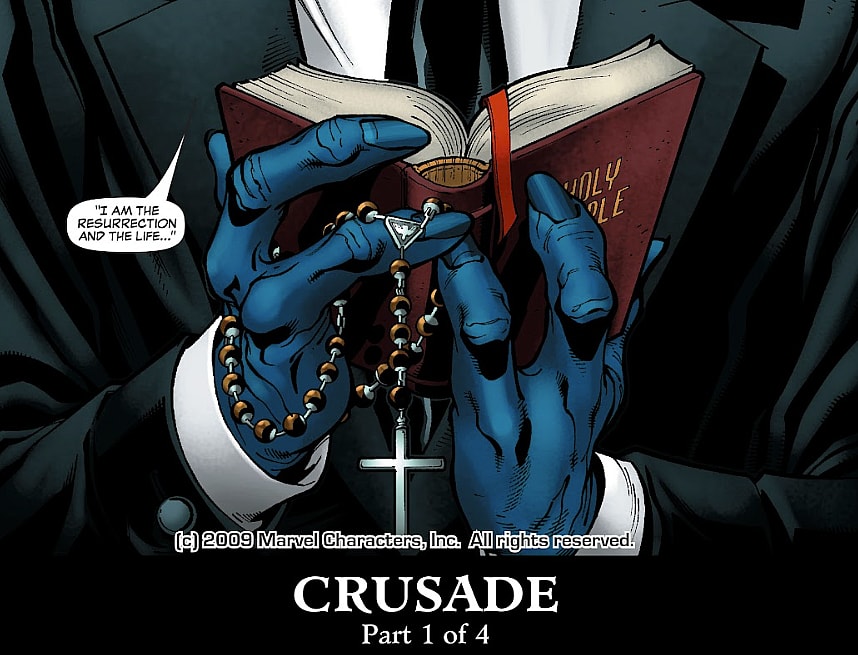
“And the thing is I’ll hear the argument, ‘Well, Superman was political. Superman, he was a big FDR liberal because he would harass abusive, greedy landlords.’ That’s positing the argument that there’s someone who likes greedy landlords. How is that political? Who likes greedy landlords? Nobody does,” Dixon asserted.
“So that’s not political,” he said. “That’s Superman being a vigilante crime fighter. Standing for truth, justice, and the American way. The American way certainly isn’t high rents and throwing orphans into the street. That ain’t the American way. So there’s nothing really political.”
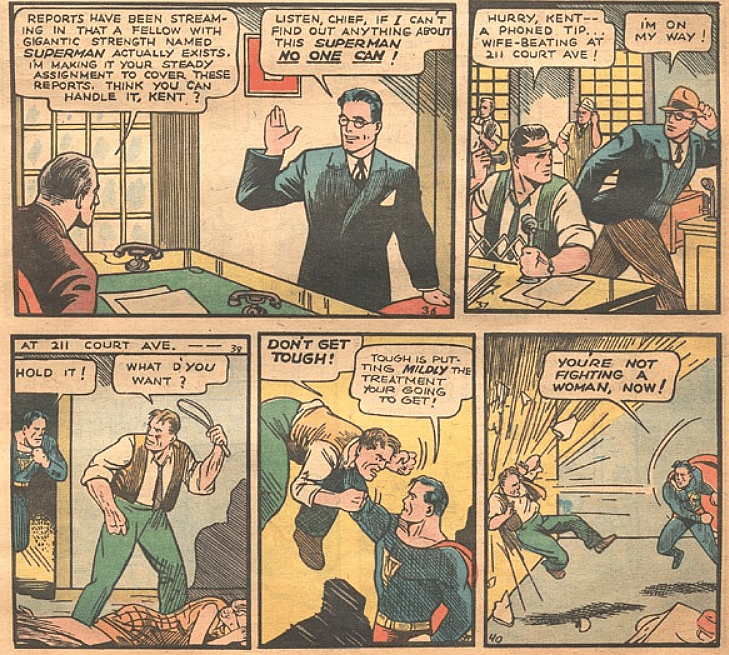
“And maybe politics are part of a story, but that doesn’t excuse you injecting your agenda, your political agenda, your personal point of view into superhero stories, and telling the reader what to think or shaming the reader, or literally shaming the reader,” he added.
“Telling readers that if you don’t agree with my political stance or the political stance that I’ve put in the mouth of Wolverine or Batman then I don’t want you reading my comics. It’s divisive,” he said. “Comics were never meant to be divisive, they have universal themes. And there are characters you agree with and characters you don’t.”
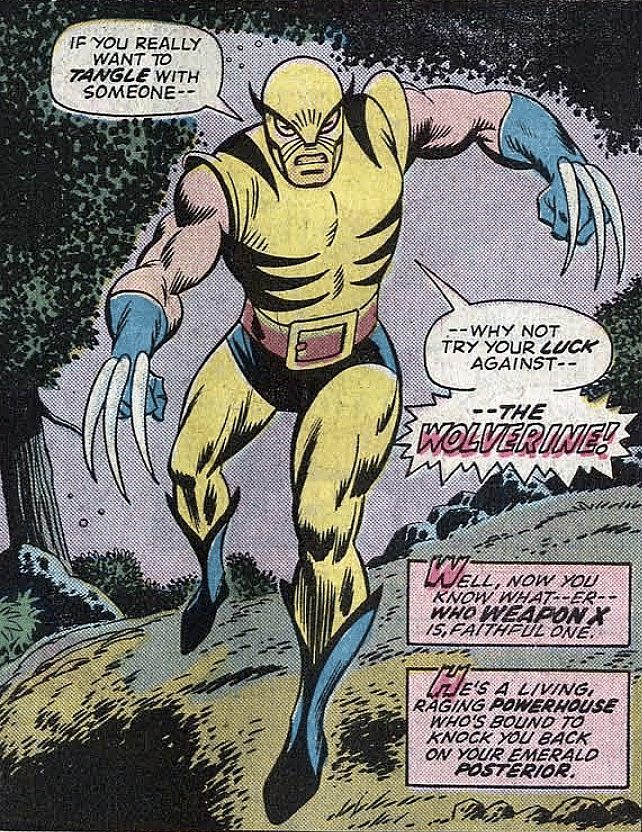
He then provided examples, “Daredevil’s always been the bleeding heart liberal. Frank Castle has always been the direct opposite.
“You can argue about Batman’s politics or Ben Grimm’s politics, but in the end it’s about escapist fiction,” Dixon concluded.
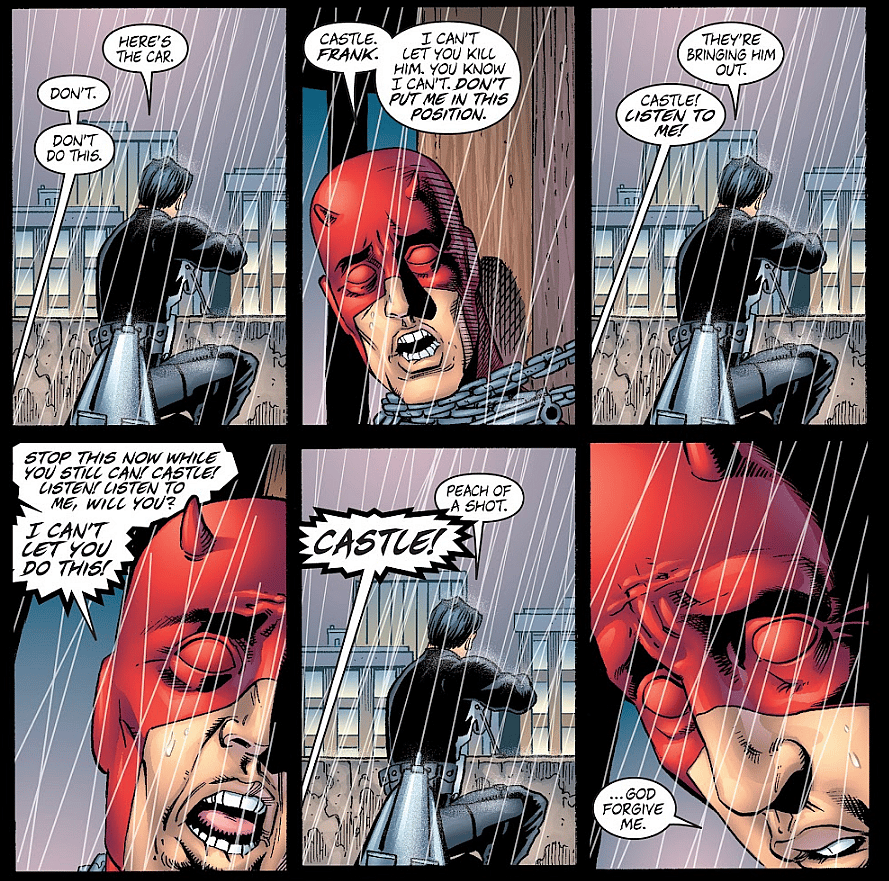
What do you make of Chuck Dixon’s rebuke of the claims that the X-Men and comics have always been woke?
NEXT: Chuck Dixon Promises Levon Cade Film Adaptation By Sylvester Stallone “Is Remarkably Faithful”
